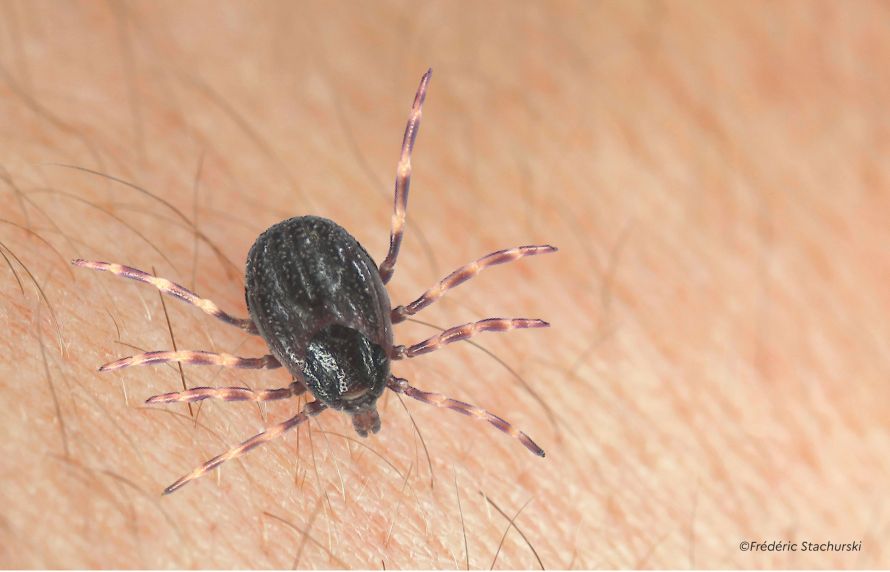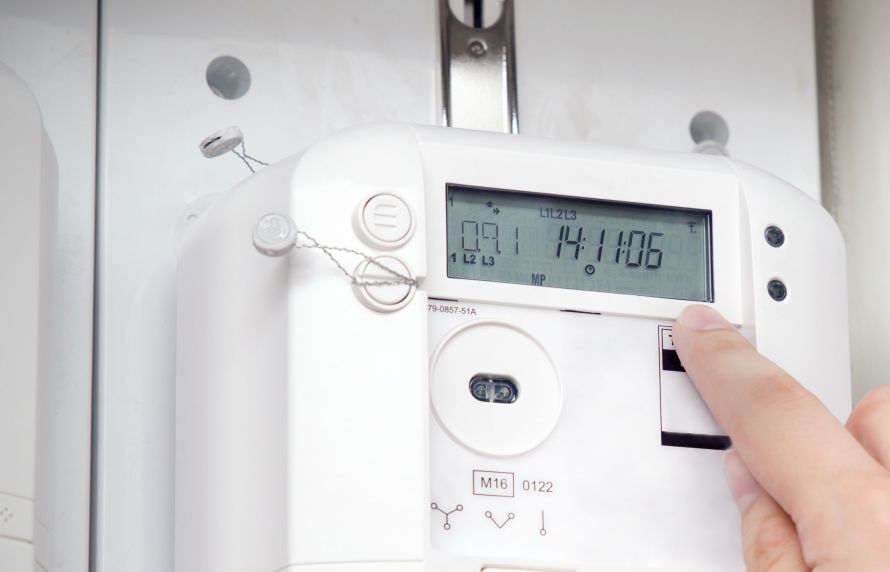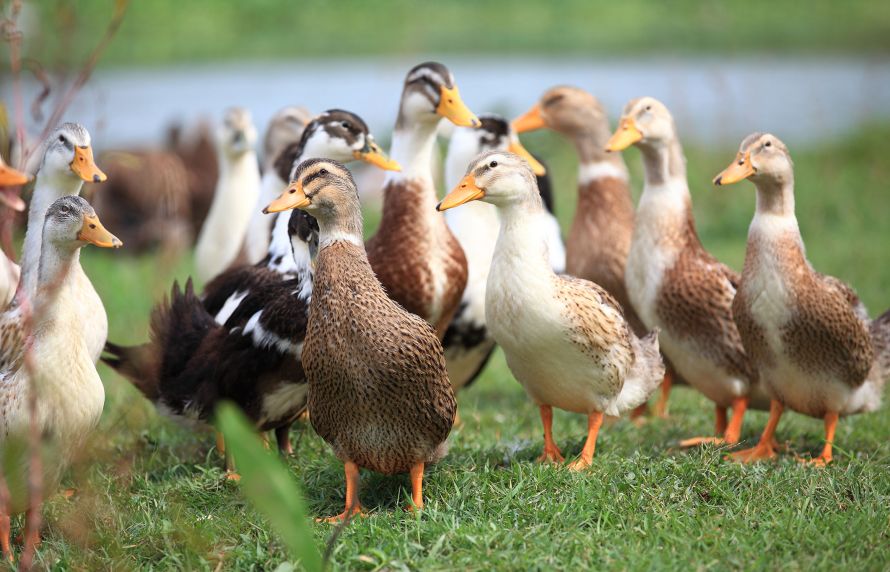Enterohaemorrhagic Escherichia coli (EHEC) bacteria can cause potentially severe foodborne infections, mainly in young children, the elderly, and immunocompromised individuals. In a new expert appraisal, ANSES classifies the strains of the bacterium responsible for serious forms of infection and makes recommendations for improving the monitoring of contamination risks in products before they are placed on the market. In this context, the Agency is reiterating the importance of continuing to apply good hygiene measures and comply with cooking recommendations; moreover, it notes that susceptible population groups should continue to avoid eating certain foods.









